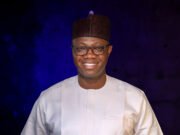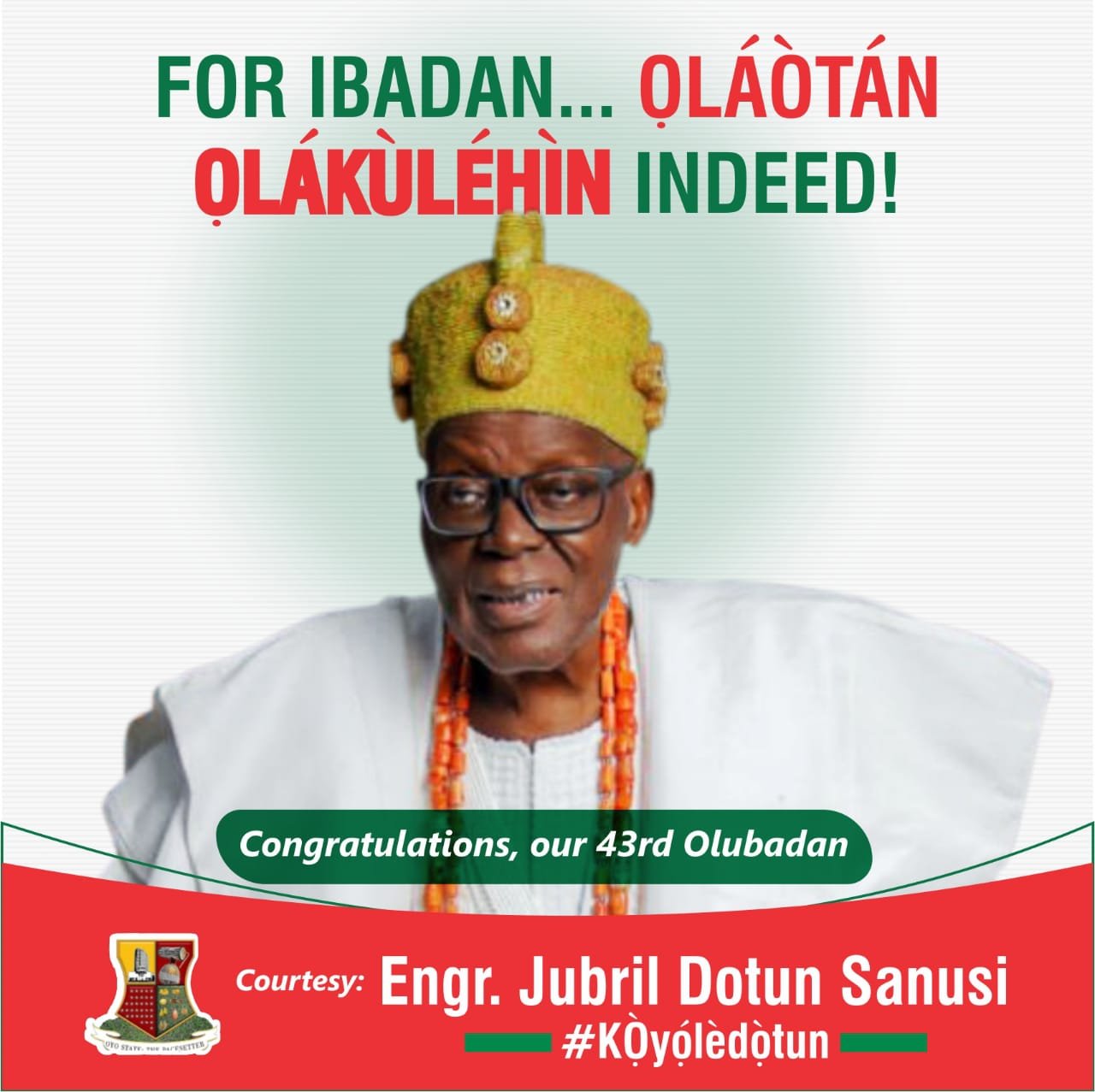Excerpts from a Lecture Delivered to the College of Law’s Center for Indigenous Knowledge, University of South Africa on May 6, 2021.
It gives me great pleasure to be here again at the University of South Africa (UNISA), one place I can solidly vouch for when it comes to upholding excellence and striving to advance the cause of Africanism. If other leading universities are consistent about their concerns, that is if they have any, especially about decoloniality or its variant in the academia and other facets of African life, then the pace of development might be faster.

Interestingly, I have two books already in production on “Decolonizing African Studies.” The first focuses on “Epistemologies, Agencies, and Voices,” and the second one explores “Ontologies and Methodologies.” In both, I exhaustively launch a full-scale decolonizing war, focusing on the vast means and aspects of African studies. While I will be talking about something similar, this is in no way related to the contents of my books, which focus on methods and practices. Here, join me in examining the Africanization of law and legal practice, which you should understand better the “why” and “how” it should be tackled. This is one area that is not being discussed enough in academia, and I am guilty of this too. However, with this opportunity at UNISA, the hitherto existing silence or inadequate discussion on decolonizing law and legal studies has ended. It is indeed very paramount to our existence, practices, and activities as a people.
Over the years, probably over 40 years now, I have devoted my life to the study and pursuit of decolonizing Africa, African history, African studies, African epistemology, African methodologies, and the list goes on. Perhaps sparingly in the past, but the subject matter of decolonizing the epistemology of law and legal studies is one I have not given enough consideration to. As a matter of fact, in the consortium of decolonial scholars, law and legal studies is one that has not been explored enough within the discourse of decoloniality and decolonization. When I got the invite from the University of South Africa, I assumed it was business as usual until I was informed it would be a congregation of “learned colleagues” of the bar. At this point, I had two options. But rather than still preach the usual using an alternative perspective, I realized there is a semi-lacuna in the examination of the impact of colonialism on the legal system in Africa, hence, the subject matter of the colloquium. I discussed a few things, some of which are stated below.
Across every sphere of Africans’ existence, there is an undeniable impact of colonialism in politics, economy, postcolonial sociocultural evolution, geopolitical configurations, religious dichotomy, and even more in the academy. Thus, there is might be little reason to delve into that anymore. What has been and should be a major concern is that decades after the colonial masters have left many parts of the continent and African countries have gained their independence, there is still every sense of Eurocentric influence widely present in many parts of Africa, especially in places where critical training or decisions are made about the growth and development of the continent.
The argument further is that due to this established Eurocentric influence, the African system and epistemology have been subdued. As a result, there is little room given for genuine growth and development of the continent. What has been happening is at best described as a vigorous run in circles by Africans in a bid to develop the continent, only to end up wholly adopting the colonial epistemology or subjecting issues in Africa to the validation of Eurocentric views before they are even considered to be achieved by African working systems, which themselves have been patched to tilt in favor of Eurocentric views. Similarly, the same can be said for the practice of law and the legal system. However, while there have been continuous and repeated calls for decolonization, very few have been channeled towards law in Africa. Hence, a need to examine it this time.
Generally, early writings, particularly from Eurocentric scholars, have continued to paint the narrative of legal practice in Africa only at the point of the coming of the Europeans to Africa. Many of the existing accounts focus on what happened from the point of the colonizers’ arrival, while ignoring all accounts of the legal structure of the people of Africa before this widely reported arrival. Although that implies that Africa’s “worthwhile” or “relevant” legal history only started with the arrival of the colonists, there are sundry historical facts to assert that several parts of Africa had a legal structure that controlled the actions and regulated people’s relationships before the colonial masters.
For instance, in South Africa, there were the first inhabitants who were known as First Nations. These inhabitants had an African legal system that played a critical role in their existence and development. Through this, they were able to mete out punishments to offenders, control the actions of inhabitants and, more importantly, maintain law and order within their society. Even though they lived in kinship societies and applied indigenous or unwritten customary laws, they could achieve what a decent society should look like according to their African epistemology. These actions of the first inhabitants developed and reshaped indigenous laws that were applicable at that time. Today, although gradually, those indigenous laws are an important part of the sources of South African laws.
The same can be said of Nigeria. In pre-colonial Yorubaland, a functional and fair judicial system had no input from Western civilization but was similar to the modern concept of fair justice. While the Alaafin (king) sat as the chief judge on serious matters, there was a council with chiefs–the Balogun, Basorun, Iyalode, Asipa, diviner (in related cases), and others–who deliberate with the king on the best punishment to mete out when the accused is found guilty. Fairness, although not popularly pronounced, was a common practice then. As such, when there is a verifiable offense, palace guards were often sent to investigate an accuser’s claims, while witnesses were also entertained. Justice was hardly ever delayed. Denied? Maybe, just as it is now. Thus, Africa’s concept or belief lacked a judicial system, sense of justice, or legal system, among other things. It reeks of ignorance and deliberate mischief to continue to paint Africa as bad and justify their proven-to-be-fabricated narrative of civilizing missions.
However, upon arrival, the Europeans discarded African indigenous practices in favor of theirs, solely to use what works best for them at the expense of what works well for the African countries in which they were imposed, starting with the learning process of becoming a lawyer. The syllabus of teaching, mode of training, and ways of practice were all heavily rigged to ensure the practice of Western appropriateness rather than African relatedness, all at the detriment of African customary laws. Indeed, one could succinctly posit that legal studies are more wrought of Eurocentric views than many other disciplines. This is not farfetched; the body of law that holds force in African countries today is sourced from what is generally known as the Roman-Dutch Common Law. It also has the influence of English and French Common Law, establishing a strong, principled legal framework. For instance, Latin is one of the courses that law students take preceding their qualification. What Latin has to do with the African way of life is yet to be understood. What new epistemology will learning this course add to the general knowledge of law from an African perspective? What will it subtract if it does not add to it? Succinctly, why are deeper words not quoted in African indigenous languages and used in learning and practice?
There is no gainsaying that Western legal practices have been antithetical to the legal, peacemaking, cultural, and even economies of African countries, the latter through the instrumentality of international law and finances that exploit the existing Western legal framework in African countries to keep them subservient to Eurocentric dictates. We cannot keep talking about the problems alone or spend our entire time discussing what I do not even consider is being discussed or examined enough. However, development is brought about by posing and implementing feasible solutions.
Decolonizing law, legal studies, and practices is no mean feat, and for a start, the importance of legal history should be taught to understand where we come from as Africans and where we are headed. Law students should be educated about African legal jurisprudence as much as they are taught about the influence of western laws on our legal system. Legal education should include living customary laws to revive those laws and create African consciousness about them. Furthermore, the curriculum of legal education must be relative and relevant to students in Africa. Lawyers and prospective judges should be trained to deal with the dominant common-law systems of African countries and living customary laws. It is also important to ascertain customary laws, especially the rules within a judicial decision-making context. Manipulation and distortion of living customary laws must also be addressed, particularly in power relations among different parts of the community living under customary laws. Also to be tackled are the endurance and social legitimacy of living customary laws, as well as the challenge of the universal application of human rights in relation to cultural rights.
When the above is implemented, some of the resultant effects will be that law students and lawyers alike can comprehend the significance and complexity of law within African constitutional frameworks. Future lawyers and judges will have the opportunity to understand important aspects of customary laws, including conceptualization, broad methodology, and the development of customary laws as a system within African constitutional frameworks. If future lawyers and judges are not given appropriate legal training about living customary laws, they will not have the right lens through which they can view these laws in their own right and not from the perspective of other legal systems. To decolonize customary laws, ensure their preservation, and prevent their extinction, they must be taught in the law curriculum.
As you must agree, there is a lot to examine within the concept of decolonizing law and legal studies. While I favor policy-makers taking more interest in reexamining this and tilting towards developmental change, African academics should start giving it more attention as well.

















































